#Tulstrup-Faurholt
Text
Born on this day: Pernille Harder (15.11.1992)
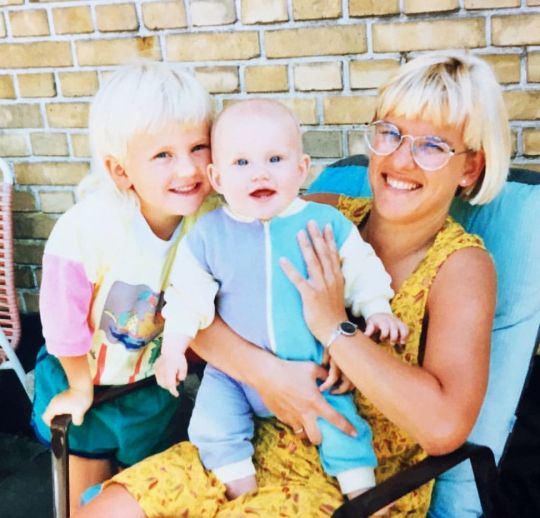
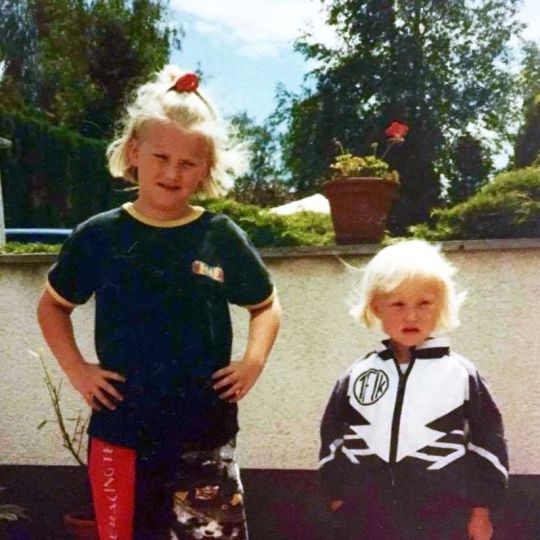
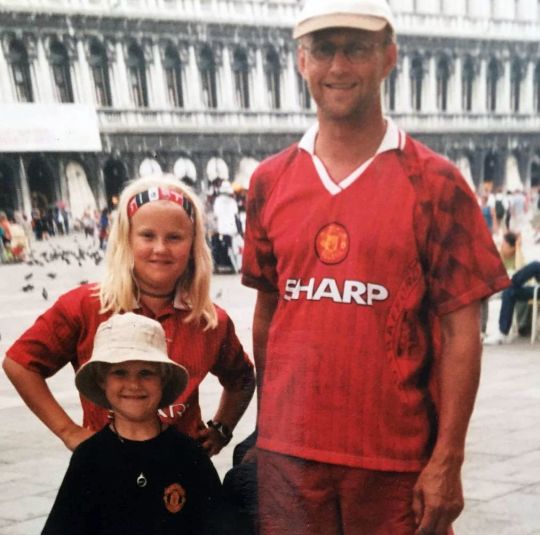
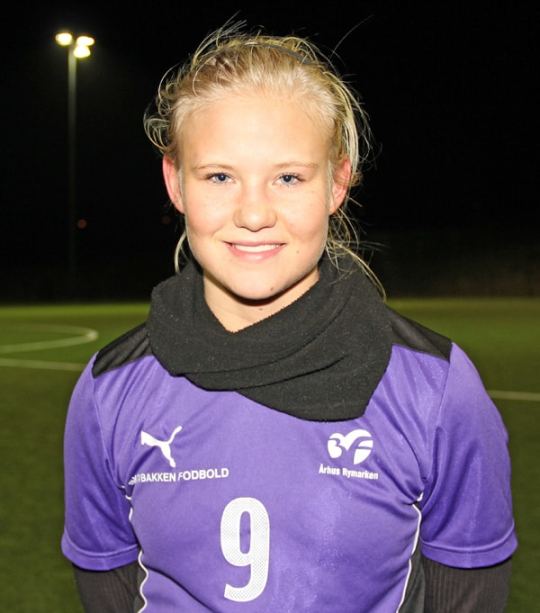
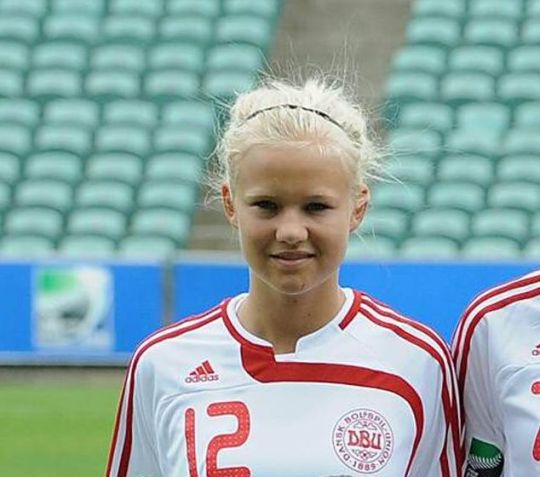

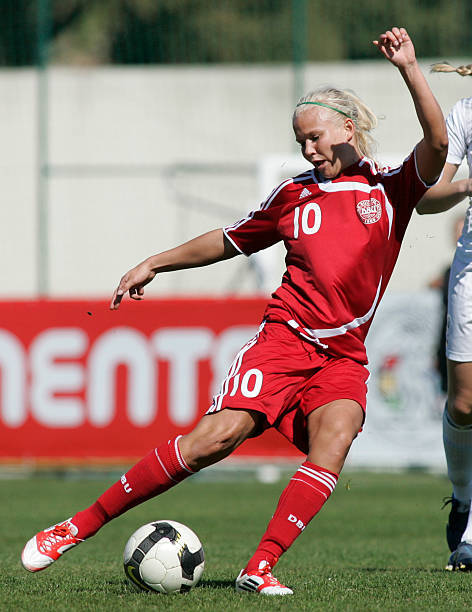
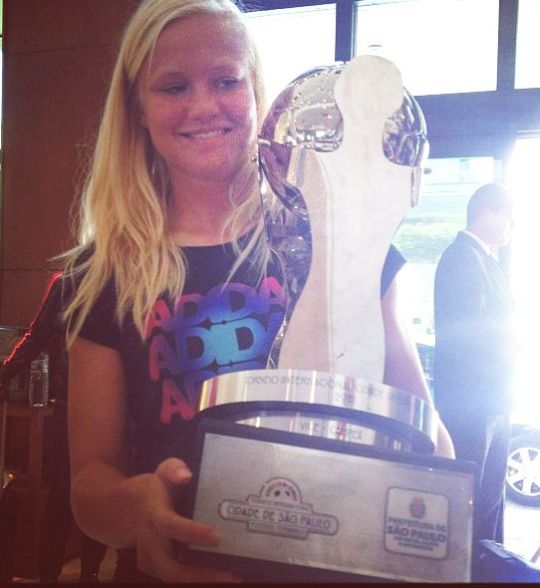
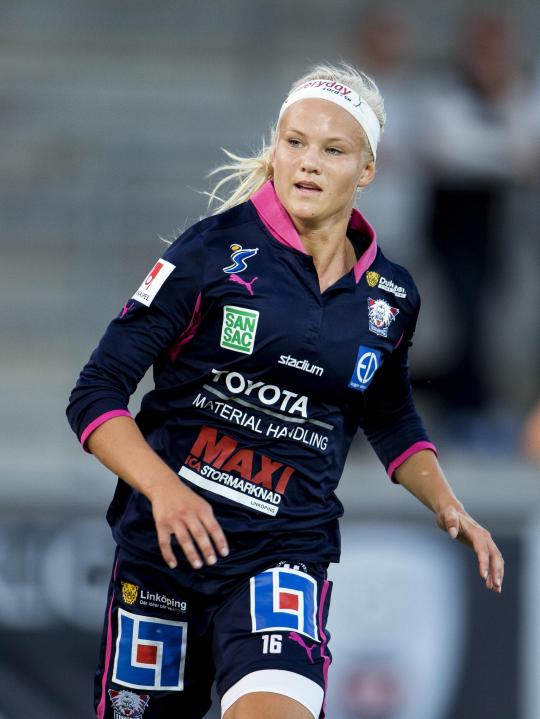
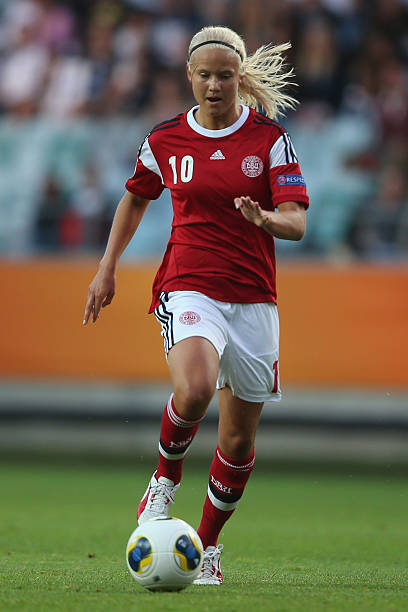
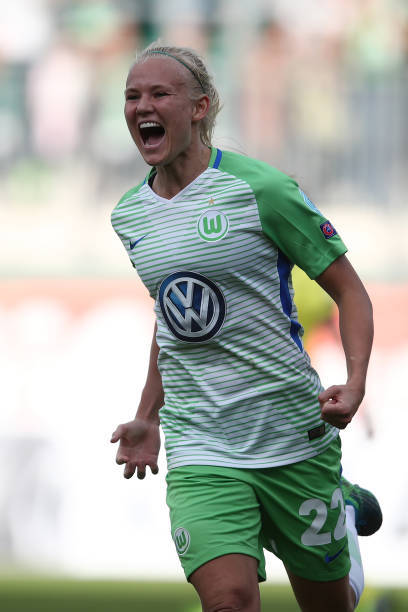
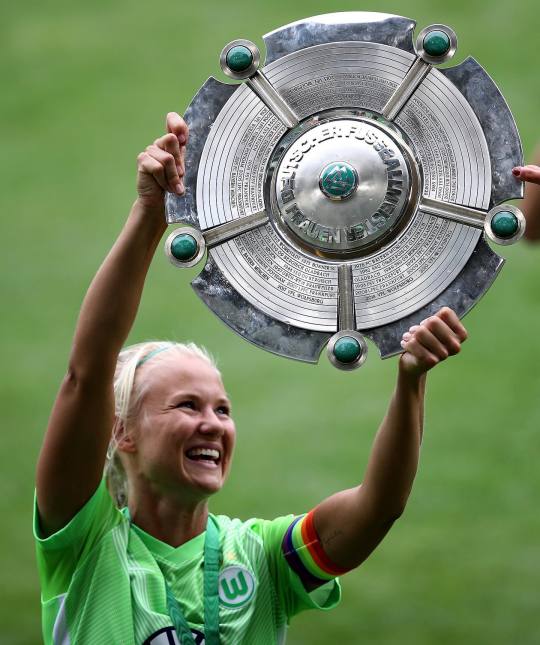
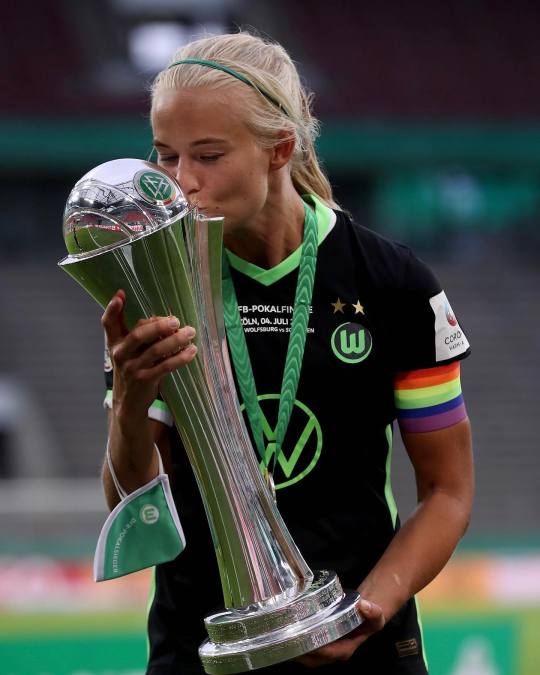

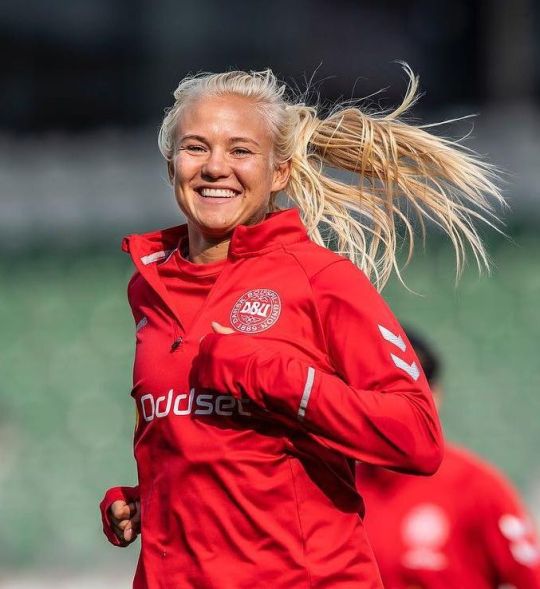
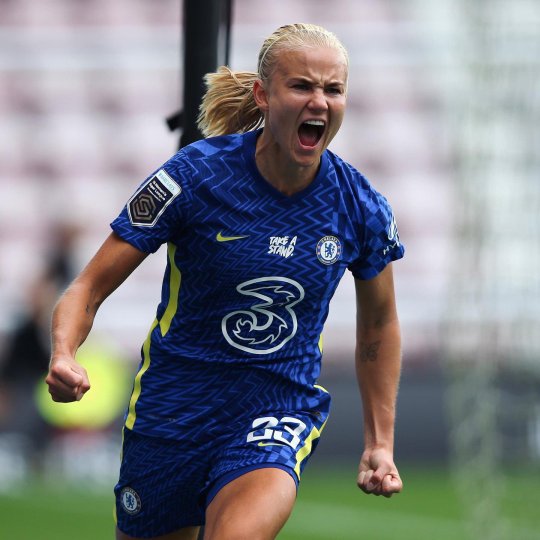
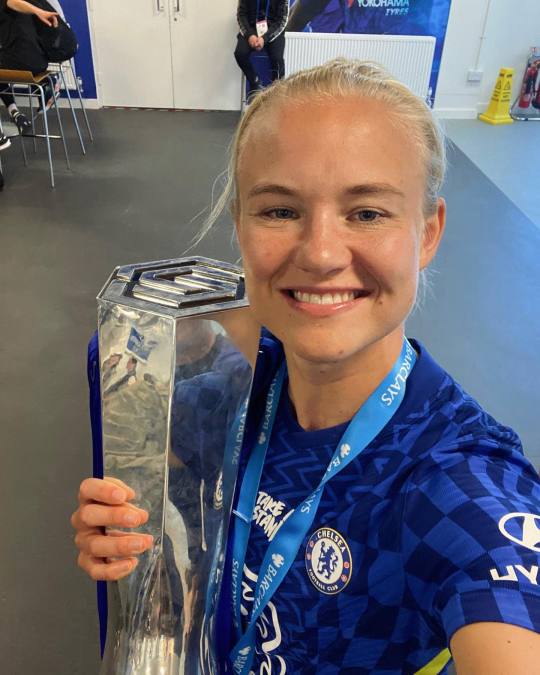
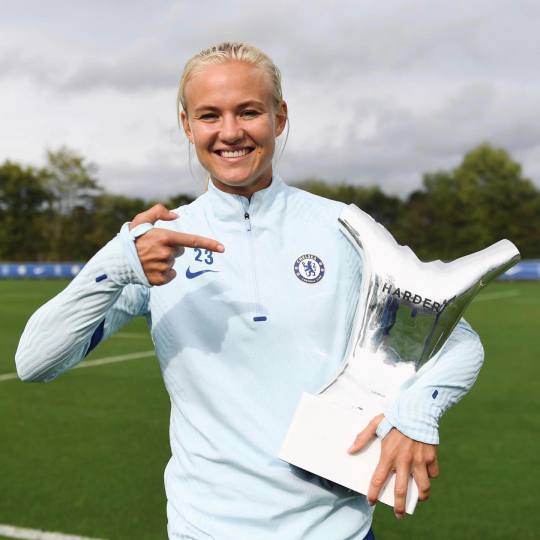
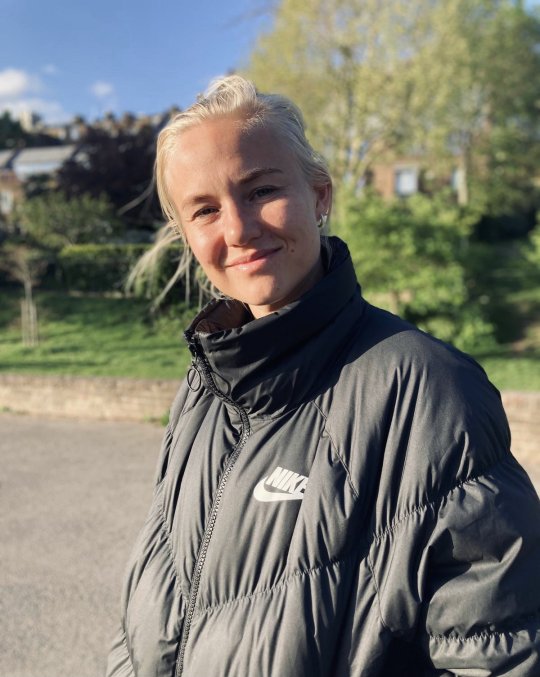
#Pernille Mosegaard Harder#Pernille Harder#born on this day#BOTD#Tulstrup-Faurholt#Ikast#Team Viborg#Skovbakken#Linköping#VfL Wolfsburg#Chelsea FC#Denmark WNT#football#fussball#fußball#foot#fodbod#futbol#futebol#soccer#calcio
91 notes
·
View notes
Text
Something just happened at the Euros 2017. And since then it’s been growing fast.
Article from Børsen Weekend.
At the same time as Pernille Harder has walked from the grass pitches in Ikast to the absolute world top in Chelsea, something has happened with women's football: the money has grown, the spectators have increased, and next Friday the national team will run into the Park for the first time. Meet Danish women's biggest football star.
If you close your eyes while Pernille Harder speaks, it feels, for a brief moment, as if London is disappearing. From the fashionable Kingston upon Thames in the south-western part of the British capital, you pull across the North Sea and all the way to Tulstrup near Ikast. To the grass pitches, to when Harder, as a five-year-old, stood in the middle of the Jutland heath for the first time with a football at his feet; on the boys' team, because at that time there was no team for girls in the local football club Tulstrup / Faurholt IK. Almost 25 years and three stays abroad in Sweden, Germany and England later, Pernille Harder sits in the kitchen-dining room in a Victorian terraced house with yellow bricks and an electric car from Hyundai in the driveway. Out in the backyard, her Swedish girlfriend Magdalena Eriksson, a football player and teammate, is mowing the lawn. The rented house in the neighborhood, where a single-family house costs seven figures in British pounds, has been their home since the summer of 2020, when Chelsea FC bought Harder free of its contract in Wolfsburg, Germany for 2.5 million. Danish kroner - enough to make her the world's most expensive female football player ever. In general, a lot has happened since Pernille Harder first crossed the chalk lines on the outskirts of Ikast, both with women's football and with the 29-year-old football star herself, but the Central Jutland dialect still hangs undiluted. That's just the way it is
Boys' hair and big dreams
That Pernille Harder is Danish women's football's indisputably biggest star can be ascertained by taking a simple look at her CV. She made her sensational debut with a hat trick for the Danish national team as a mere 16-year-old, got a contract abroad when she was 19, led Denmark to the European Championship final in 2017 and was named Europe's best female footballer by the European Football Association Uefa in both 2018 and 2020. Even Pernille Harder says: "I just focus on getting better every day. I want to win titles, but I do not have to win anything before I stop, and the most important thing for me is the joy of playing football." Humility, however, should not be confused with lack of ambition. Ever since she was little, Pernille Harder has wanted to be a professional football player, but when she turned on the TV at home in the living room of the childhood home, she only saw men on screen. And then she had to become a boy, she of course stopped and ordered her mother to cut her short hair. Only later did it dawn on Pernille Harder that there was also a national team for women, and then the lures were allowed to grow out again. Today, she has achieved most of what she set out to do. And what she may not want to say out loud herself, at least not so directly, agent Klaus Granlund can formulate for her: "We still have one big goal, and that is to win the Champions League."
Bitten by sports
Granlund himself lives in Ikast and is an acquaintance of Harder's parents, the town is not bigger either, and he can tell about a family who is bitten by sports. With a father who was a postman and even played football - and handball at a high level - in Ikast. And a mother who was a pharmacist and the first female handball player from the city of Central Jutland to be selected for the Danish Handball Association's Jutland talent team. Despite this, Pernille Harder is not one of those sports children who has been paced, she says, but her parents have driven across Jutland and back again for their daughter, just as many times a week it required to help her practice the sport she was passionate about. "My mother was my coach from the time I was 8 until I was 13, while my father was always on the sidelines and sometimes he was also a referee for the local football club. They have always supported me and I remember there was a summer where I got some running exercises to take home from the youth national team. My father took me out and ran with me during the summer holidays to help me get it done. "From Tulstrup / Faurholt, the car trip first went a few hundred meters south to Ikast, then to Viborg and in 2009 on to Skovbakken in Aarhus, who at the time was playing at the top of the best Danish row, meanwhile Pernille Harder went to Ikast Brande Gymnasium, and on top of the four weekly trainings with her Aarhus teammates she was arranged that she could train in the morning before school with FC Midtjylland's best U17 team for boys at the club's academy in Ikast. The goal was already then to see how much she could push herself to become a better football player. "I was very nervous before the first training sessions, because they were some of Denmark's best U17 boys I had to play with," says Pernille Harder. "But there was no discrimination, I was treated well and the coaches made exactly the same demands on me as they did on all the other players. I was not the best, but it meant a lot to me to show that I could keep up, and I was very inspired by how focused the boys were at such a young age. This meant that I also started to set big goals for myself. "Greater diversity In 2012, Pernille Harder Skovbakken replaced Linköpings FC in the best Swedish series, where the level was higher then than in Denmark, and the top teams often came far in the international competition. On her new team, the one year younger Swedish defender Magdalena Eriksson also played, and after a year in the club, she and Pernille Harder fell in love. Since then, the two have formed a couple and made a choice to be open about their relationship. and their sexuality, in the hope that they can help fight one of football's old ghosts - homophobia. The football pair became really publicly known during the World Cup in France in 2019. The Danish national team had not managed to qualify, but Pernille Harder had turned up anyway to support her boyfriend when Sweden met Canada in the round of 16. In the stands, she was wearing a Swedish national team jersey, and when the couple shared a kiss after the match, it was captured by a photographer. The picture went viral, and in a few days, Pernille Harder gained several thousand new followers on Instagram, a platform that she today actively uses to work for greater diversity in football. "It occurred to both of us that that image ended up going around the world. It was probably there that I realized that Magda and I have a platform together where we can make a difference. There are many who write to us. "that we are role models for them by being so open about our relationship and that it has helped them to be more open about their sexuality."
Is women's football ahead of men's football at that point?
"I definitely think so. In women's football, you can be yourself without having to worry about getting death threats or being hung out. Unfortunately, there are many examples that you can not in men's football, where it is still very taboo to be gay. I think that diversity is something that women's football can offer that men's football does not have - both in terms of players and fans.
Injury treatment on Google
One can draw an almost parallel curve between Pernille Harder's career and the buoyancy of women's football. Danish star may have been born at a lucky time and has ridden on a wave of more money, more spectators, better training facilities, full-time professional players and now also TV income that is palpable, but today Pernille Harder can also rightly say that she is one of those who herself helps to drive the sport forward and lift the bar further. As a junior, if she got an injury, Pernille Harder had to google her way up to what she was failing, and in the gym, she had to make sure to organize her workouts herself. Meanwhile, she could look enviously at the men who had professional physiotherapists, club doctors and, in general, far better conditions for making football a way of life. Today, Pernille Harder trains at Chelsea's millionaire Cobham Training Center outside London with four physiotherapists attached to the women's team, and although there is still a long way to go for men, not least in terms of pay, she has been part of a development that she says , that far more female football players today dare to take the plunge and aim to become full-time professionals. “I’ve seen two different generations in my time as a football player,” she says. "When I was younger, I could feel that many of the older players did not have the great faith that they could become full-time professionals, because at that time there were only very few who succeeded in reaching that far. "that along the way they prioritized other things such as education. But the young players who come up on the national team today have only one priority, and that is to become professionals and get a contract abroad." With Harder on the jersey It can be difficult to pinpoint exactly when women's football really started to accelerate globally, but here at home there is one before and one after the European Championships in 2017. At the final round in Holland, the Danish national team wrote history and won silver medals. the women one TV record after another. The final, which Denmark ended up losing 4-2 to the host nation, was attended by 1.5 million. viewers - the most watched football match on Danish television throughout 2017. And subsequently, Pernille Harder could also feel that something had changed. "Something just happened at the European Championships in 2017. And since then it has gone really fast. Now all the matches are shown on TV, the production of the matches has improved with many more cameras in the stadium, and there have been more sponsors, greater media interest, but also greater respect.
Do you think that women's football has received too little recognition?
"Yes. When I played in Denmark ten years ago, I do not even think that the results in the Women's League were announced on the radio. It was also one of the reasons why I left Denmark to play abroad, because I think it was the meganeder not to get more recognition for something I spent so much time on compared to the men. I had a hard time understanding that. "Now you are the world's most expensive football player and captain of the national team. Do you also feel a responsibility on behalf of women's football?" I do not feel obligated to anything. But I have personally experienced how bad the conditions have been and how little focus there has been. It has given me the motivation to want to change it, both for myself but also for all the new players that are coming up. First and foremost, it has been about performing on the field, so I could achieve a certain status. But today I have a position and a platform that I can use to push women's football even further forward, and that is a driving force for me. When I was a kid, I could only buy jerseys with the names of the male footballers on my back, but today there are girls who run around with my name and stick with Chelsea because I play in the club.
An eye opener
In a week Pernille Harder's name also on the backs of red-and-white football fans, when the Danish women's national team for the first time ever has Parken as home - in a friendly match against Brazil - as part of the warm-up for this summer's European Championship finals in England. Viborg and been denied access to the national stadium, where the men have been able to report sold out for all the team's matches on top of last summer's European Championship euphoria, but perhaps the women's national team should just have the chance, because at the time of writing more than 16,000 tickets have been sold in advance; four times as many as usually come to the matches in Viborg. And Pernille Harder is in no doubt that Danish women's football is once again facing a milestone: "It will be a huge experience for me g personally and for the other players, but I also think it will be an eye opener for a lot of people, in relation to how far we have come with women's football in Denmark. The park has only a very special status. It's the stadium that everyone automatically thinks of when they think of the national team's home ground - now for both men and women.
53 notes
·
View notes